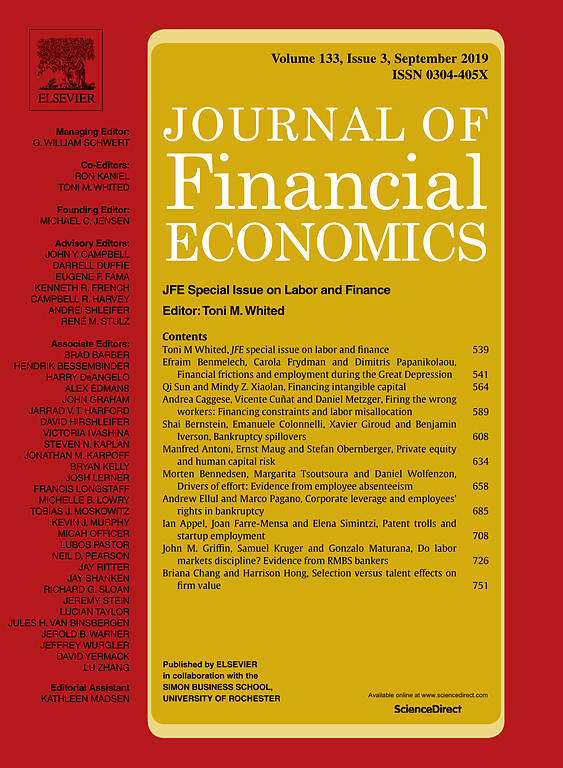Private ownership boosts hospital performance
The paper “Private Equity in the Hospital Industry” is co-authored by Merih Sevilir (Halle Institute and ESMT), Janet Gao (McDonough School of Business, Georgetown), and Yongseok Kim (Freeman School of Business, Tulane). Drawing on data from more than 1,200 hospital acquisitions in the United States between 2001 and 2018, the researchers provide the most comprehensive analysis to date of how PE ownership affects hospital survival, employment, pricing, and patient outcomes.
The study finds that hospitals acquired by PE firms do not experience higher closure rates. Instead, they demonstrate improved operational profitability while sustaining essential medical staff levels over the long term. Cost-cutting efforts are largely concentrated in administrative roles, especially at hospitals that were formerly non-profit institutions. In these hospitals, the number of administrative staff declined by 33% over the long term. This highlights how private equity drives restructuring in sectors historically insulated from investor oversight and market pressures.
“Our study shows that private equity firms do not dismantle hospitals, as is often feared. Instead, they streamline administrative structures while protecting core medical staff and services. This nuanced approach boosts efficiency without compromising patient care,” said Merih Sevilir, head of the Department of Laws, Regulations, and Factor Markets at the Halle Institute and professor of finance at ESMT. Drawing on proprietary insurance claims data, the research finds no evidence of increased inpatient prices or a shift toward treating younger, wealthier, or healthier patients. It also detects no changes in patient demographics or health outcomes, such as mortality or readmission rates. The only notable negative impact is a decline in patient satisfaction, potentially linked to reductions in administrative staff who support non-clinical services.
Overall, the findings suggest that private equity involvement can act as a catalyst for improving efficiency in healthcare without sacrificing medical quality, particularly through the reduction of excess administrative costs in nonprofit hospitals and the introduction of more effective operational oversight.
The study has been accepted for publication in the Journal of Financial Economics, a peer-reviewed academic journal publishing theoretical and empirical research in financial economics.
Whom to contact
For Researchers

Department Head
If you have any further questions please contact me.
+49 345 7753-808 Request per E-MailFor Journalists

Internal and External Communications
If you have any further questions please contact me.
+49 345 7753-832 Request per E-MailIWH list of experts
The IWH list of experts provides an overview of IWH research topics and the researchers and scientists in these areas. The relevant experts for the topics listed there can be reached for questions as usual through the IWH Press Office.
Related Publications

Private Equity in the Hospital Industry
in: Journal of Financial Economics, September 2025
Abstract
We examine employment and patient outcomes at hospitals acquired by private equity (PE) firms and PE-backed hospitals. While employment declines at PE-acquired hospitals, core medical workers (physicians, nurses, and pharmacists) increase significantly. The proportion of wages paid to core workers increases at PE-acquired hospitals whereas the proportion paid to administrative employees declines. These results are most pronounced for deals where the acquirers are publicly traded PE-backed hospitals. Non-PE-backed acquirers also cut employment but do not increase core workers or reduce administrative expenditures. Finally, PE-backed acquirers are not associated with worse patient satisfaction or mortality rates compared to their non-PE-backed counterparts.



